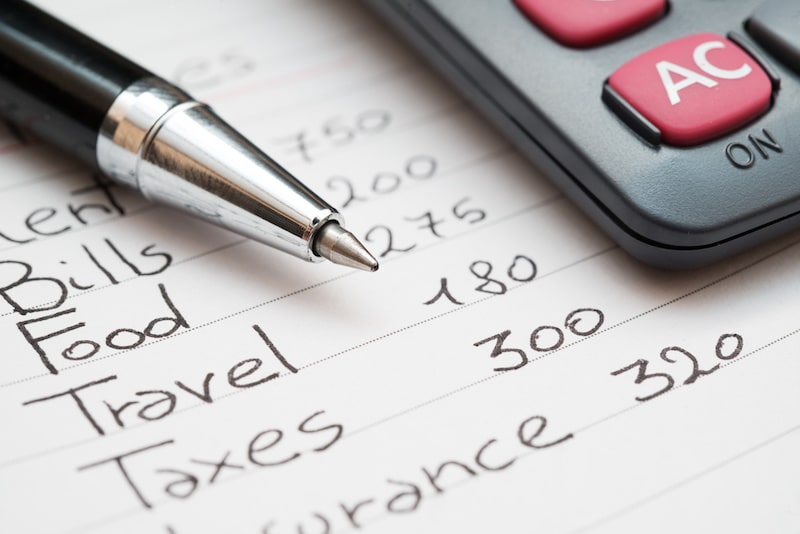
While having a budget that you work from when spending and saving your money can help ensure that you’re not wasting money on unnecessary things, people often find it hard to know where they should really be prioritizing where they spend their money, especially if you know you won’t have enough money to cover everything that you want or need.
To help you in making the right decisions here, here are three things to consider when prioritizing expenses within your budget.
Start With The Necessities
Although you might want to be spending all of your money on a home renovation project that you’ve been itching to get done, this usually isn’t the best place to put your money when funds are running low. Rather, you should first put your money toward any necessities of life that you have to pay for each month.
For everyone, the most important things that you should be paying first include things like your mortgage or rent so that you have a place to live and your food expenses so that you can remain fed and healthy. Moving on from those very basic necessities, you should then focus your money on other necessities like utility bills, insurance premiums, and any necessary transportation needs. With these things all paid for, you should have the very basics of a stable life accounted for.
What Affects Your Credit
If you have money left over in your budget after paying for all of the above-mentioned necessities, you should then move onto paying off things that will affect your credit score. Not only are these financial obligations that you’ve already agreed to pay back, but not paying on these bills can have a very negative effect on your financial health.
Ideally, you should try to pay at least the minimum payment for each loan or credit card that you have a balance on. If you can meet these payments, paying a little more than the minimum each time can help you get out from under these debts faster, which will help to free up more money in your budget much sooner.
Think About Your Future
After all of the bills you have are paid, any leftover money should first be put toward helping you to have a more secure financial future. This should include things like saving for an emergency fund, adding to your retirement, and investing in things like a home or other major purchases. You can also save for things like bigger expenses that you’ll have throughout the year, like when fees are due or bigger payments need to be made. Then, if you still have money to play around with, you can buy things that you want or will make your life more enjoyable.
If you’re needing help prioritizing where you spend they money in your budget, consider using the tips mentioned above to help you with this.






 We are all about travel and lifestyle over here at Pacific Voyagers. I’m Jen and this is my blog, although you will see a lot of posts written by my blogging dream team on topics like travel, life, beauty, home, budgeting and much more.
We are all about travel and lifestyle over here at Pacific Voyagers. I’m Jen and this is my blog, although you will see a lot of posts written by my blogging dream team on topics like travel, life, beauty, home, budgeting and much more.







